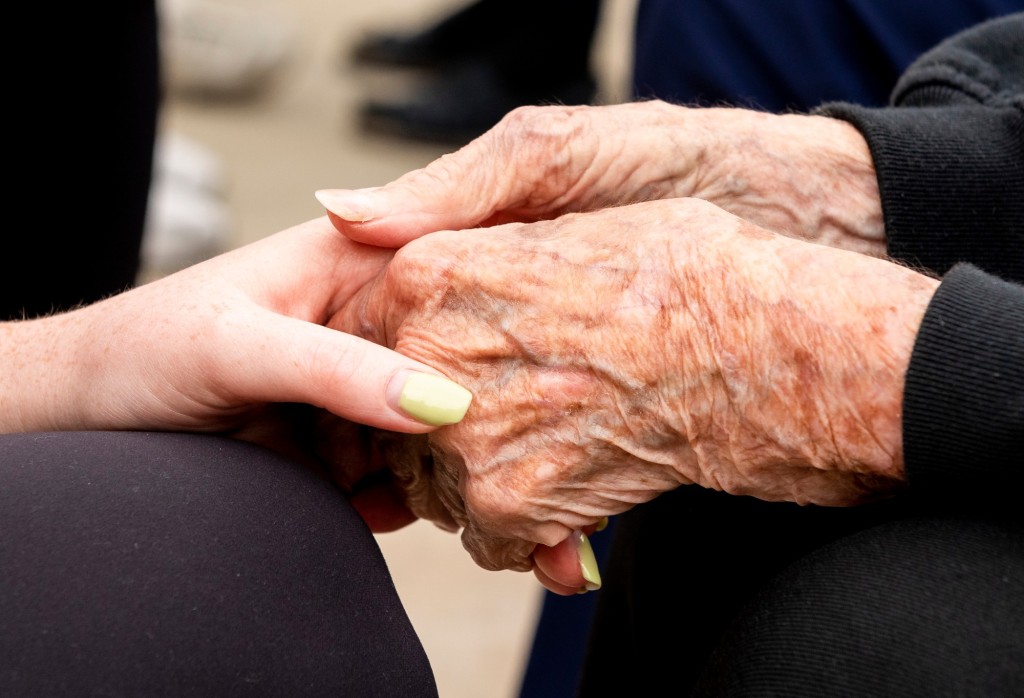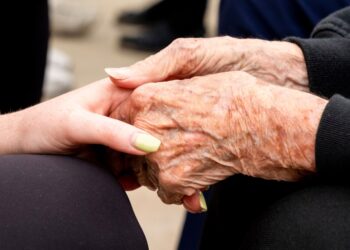Friends sitting around a table, talking and laughing.
A touch on the arm, as one of them leans over to make a confiding comment.
A round of hugs before walking out the door.
For years, Carole Leskin, 78, enjoyed this close camaraderie with five women in Moorestown, New Jersey, a group that took classes together, gathered for lunch several times a week, celebrated holidays with one another and socialized frequently at their local synagogue.
Leskin was different from the other women — unmarried, living alone, several years younger — but they welcomed her warmly, and she basked in the feeling of belonging. Although she met people easily, Leskin had always been something of a loner and her intense involvement with this group was something new.
Then, just before the COVID-19 pandemic struck, it was over. Within two years, Marlene died of cancer. Lena had a fatal heart attack. Elaine succumbed to injuries after a car crash. Margie died of sepsis after an infection. Ruth died after an illness.
Leskin was on her own again. She had no one to commiserate or share her worries with as pandemic restrictions went into effect and waves of fear swept through her community.
“The loss, the isolation; it was horrible,” she told me.
What can older adults who have lost their closest friends and family members do as they contemplate the future without them? If, as research has found, good relationships are essential to health and well-being in later life, what happens when connections forged over the years end?
It would be foolish to suggest these relationships can easily be replaced: They can’t. There’s no substitute for people who’ve known you a long time, who understand you deeply, who’ve been there for you reliably in times of need, and who give you a sense of being anchored in the world.
Still, opportunities to create bonds with other people exist, and “it’s never too late to develop meaningful relationships,” said Robert Waldinger, a clinical…
Read the full article here







